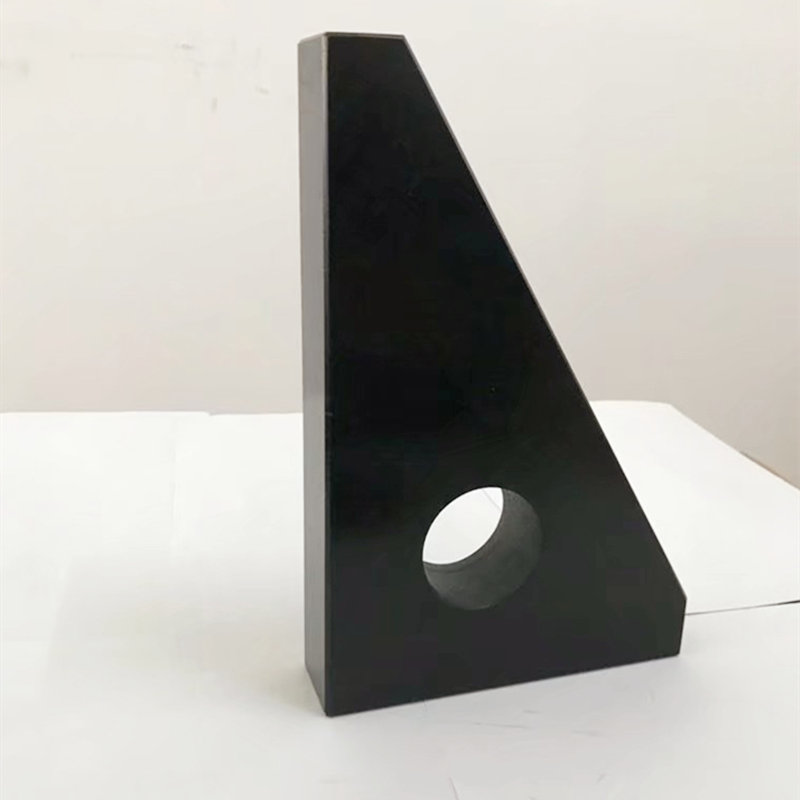דצמ . 04, 2024 16:52 Back to list
control valve
Understanding Control Valves Essential Components in Fluid Management
Control valves are essential devices in various industries, serving as vital components in the management and regulation of fluid flow. These valves are designed to regulate the flow of liquids, gases, or suspensions, thereby ensuring that systems function effectively and safely. As we delve into the functionality, types, and applications of control valves, it becomes evident how crucial they are in modern engineering.
What is a Control Valve?
A control valve is a mechanical device that modulates fluid flow or pressure by varying the size of the flow passage as directed by a controller. They are typically used in conjunction with various sensors and other devices to maintain the desired flow rate or pressure within a system. Control valves are operated either manually or automatically, with the latter being more common in industrial applications where precision is vital.
How Do Control Valves Work?
The operation of a control valve can be understood through three key components the actuator, the positioner, and the valve itself.
1. Actuator This is the mechanism that moves the valve. Depending on the type, actuation can be pneumatic, electric, or hydraulic. The actuator receives signals from the control system and adjusts the valve's position accordingly.
2. Positioner The positioner serves to ensure that the valve is precisely in the desired position. It compares the actual position of the valve with the intended position, making adjustments as necessary. This feedback mechanism is critical for maintaining accurate control.
3. Valve Body The body of the valve contains the trim and is designed to provide flow paths for fluids. Common types of valve bodies include globe, gate, ball, and butterfly designs, each suited for specific applications and flow characteristics.
Types of Control Valves
control valve

Control valves come in various types, each with unique properties and uses.
1. Globe Valves These valves offer good throttling capability and are commonly used in applications requiring fine control over flow rates. Their design, featuring a movable disk and a stationary ring seat, allows for significant flow regulation.
2. Ball Valves Known for their quick operation, ball valves provide minimal resistance to flow, making them suitable for applications that require rapid opening and closing.
3. Butterfly Valves These valves are compact and lightweight, often used in large-scale applications. They utilize a rotating disc to control flow and offer an efficient and cost-effective solution for large volumes.
4. Diaphragm Valves Designed for handling corrosive fluids or slurries, diaphragm valves use a flexible diaphragm to obstruct flow. They are suitable for applications in the chemical and pharmaceutical industries.
Applications of Control Valves
Control valves find applications across a wide spectrum of industries, including
- Oil and Gas Control valves regulate flow rates in pipelines and refineries, ensuring efficient transportation and processing of petroleum products. - Water Treatment In municipal water systems, control valves manage the flow of water to ensure proper treatment and distribution. - Chemical Processing Industries that deal with hazardous materials rely on control valves to manage chemical reactions and prevent spills or leaks. - Power Generation Control valves play a crucial role in controlling steam flow in power plants, thus contributing to efficient energy generation.
Conclusion
In conclusion, control valves are indispensable components in fluid management across various sectors. Their ability to regulate flow and pressure ensures that industrial processes remain safe, efficient, and effective. Understanding how control valves function, the different types available, and their applications can greatly aid in the selection and implementation of these critical devices. As industries continue to advance and evolve, the importance of control valves will undoubtedly grow, maintaining their critical role in fluid management and control systems. Whether in oil and gas, water treatment, or chemical manufacturing, control valves are truly the unsung heroes of industrial operations, ensuring that everything runs smoothly and efficiently.
-
Why Metric Trapezoidal Thread is Ideal for Precision Motion ControlNewsAug.05,2025
-
The Unique Properties of a Block of Granite for Industrial UseNewsAug.05,2025
-
The Role of Flanged Y Strainers in Preventing Pipeline ClogsNewsAug.05,2025
-
The Importance of Regular Calibration for Master Ring GagesNewsAug.05,2025
-
How a Cast Iron Surface Table Enhances Accuracy in ManufacturingNewsAug.05,2025
-
Comparing Different Check Valve Types for Optimal Flow ControlNewsAug.05,2025
Related PRODUCTS









